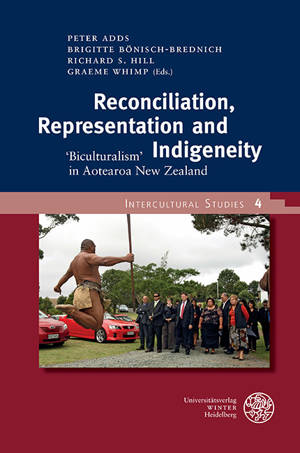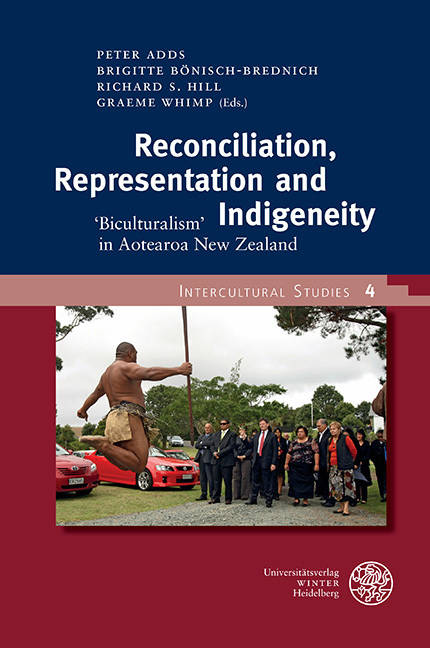
- Afhalen na 1 uur in een winkel met voorraad
- Gratis thuislevering in België vanaf € 30
- Ruim aanbod met 7 miljoen producten
- Afhalen na 1 uur in een winkel met voorraad
- Gratis thuislevering in België vanaf € 30
- Ruim aanbod met 7 miljoen producten
Zoeken
Reconciliation, Representation and Indigeneity
'biculturalism' in Aotearoa New Zealand
€ 55,45
+ 110 punten
Omschrijving
Aotearoa New Zealand is frequently viewed as the most advanced country in the world when it comes to reconciliation processes between the state and its colonised Indigenous people. The fact that this book's contributions are written by scholars who are all engaged in such processes is alone testament to this alone. But despite all that has been achieved, the processes need to be critically evaluated. This book offers an up-to-date analysis of the reconciliation processes between Maori and the Crown by leading and emerging scholars in the field. It is the first attempt to grasp the link between contemporary politics, the notion of activist research, and historical and anthropological analysis. The argument this collection is based on is that reconciliation processes are manifested in much more than government policies, legal decisions and law-making. Both research and political efforts fully involve Indigenous scholars, legal and historical academics, communities, tribes, engaged Pakeha (settlers and immigrants of European descent) and national institutions. Among other things, such negotiation processes are tangibly represented by (new) rituals, by open and media-streamed debates, and by public institutions such as the Waitangi Tribunal.
Specificaties
Betrokkenen
- Uitgeverij:
Inhoud
- Aantal bladzijden:
- 222
- Taal:
- Engels
- Reeks:
- Reeksnummer:
- nr. 4
Eigenschappen
- Productcode (EAN):
- 9783825366193
- Verschijningsdatum:
- 22/07/2016
- Uitvoering:
- Hardcover
- Formaat:
- Genaaid
- Afmetingen:
- 163 mm x 236 mm
- Gewicht:
- 576 g

Alleen bij Standaard Boekhandel
+ 110 punten op je klantenkaart van Standaard Boekhandel
Beoordelingen
We publiceren alleen reviews die voldoen aan de voorwaarden voor reviews. Bekijk onze voorwaarden voor reviews.










